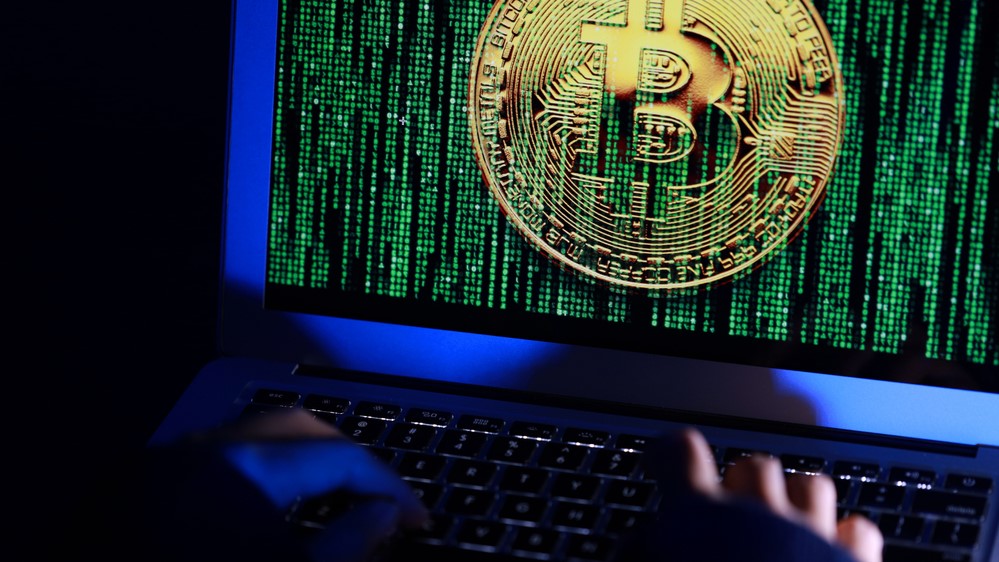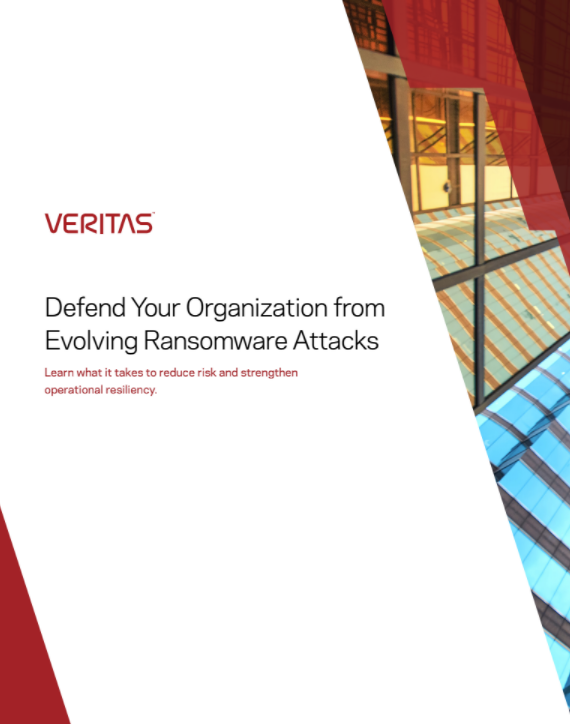DarkSide hackers have raked in more than $90 million in Bitcoin
The hacking group responsible for the Colonial Pipeline hack has made roughly $1.9 million per victim


Sign up today and you will receive a free copy of our Future Focus 2025 report - the leading guidance on AI, cybersecurity and other IT challenges as per 700+ senior executives
You are now subscribed
Your newsletter sign-up was successful
The DarkSide ransomware group, which is thought to be behind the attacks on the Colonial pipeline, has made around $90 million in Bitcoin from 47 victims.
According to cyber security firm Elliptic's co-founder and chief scientist Tom Robinson, victims made just over $90 million in Bitcoin ransom payments to DarkSide, originating from 47 distinct wallets. According to DarkTracer, DarkSide ransomware has infected 99 organizations, which suggests that around 47% of victims paid a ransom, and the average payment was $1.9 million.
“To our knowledge, this analysis includes all payments made to DarkSide, however further transactions may yet be uncovered, and the figures here should be considered a low bound,” said Robinson.
Cyber criminal gangs such as DarkSide have established a ransomware-as-a-service business model where they develop the malware but allow other hackers to breach victims. DarkSide then splits the proceeds between themselves and their affiliates.
In DarkSide’s case, the developer reportedly takes 25% for ransoms less than $500,000, but this decreases to 10% for ransoms greater than $5 million.
Blockchain analysis makes money split clear, with the different shares going to separate Bitcoin wallets controlled by the affiliate and developer.
RELATED RESOURCE

Defend your organisation from evolving ransomware attacks
Learn what it takes to reduce risk and strengthen operational resiliency
Robinson said the DarkSide developer has received Bitcoins worth $15.5 million (17%), with the remaining $74.7 million (83%) going to the various affiliates.
Sign up today and you will receive a free copy of our Future Focus 2025 report - the leading guidance on AI, cybersecurity and other IT challenges as per 700+ senior executives
Further analysis allowed the firm to see where the cryptocurrency was being spent or exchanged. Most of the funds were sent to cryptoasset exchanges, where they can swap them for other cryptoassets, or fiat currency, said Robinson.
Robinson said that most cryptoasset exchanges comply with anti-money laundering (AML) regulations, verifying customers’ identity, and reporting suspicious activity, such as ransomware proceeds.
“However, some jurisdictions do not enforce these regulations, and it is to exchanges in these locations that much of the DarkSide ransomware proceeds are being sent,” said Robinson.
The DarkSide ransomware group, believed to be based in Eastern Europe or Russia, has recently disbanded after further investigations by US law enforcement. An email to DarkSide’s affiliates said that it was shutting up shop “due to the pressure of the US.”
However, many criminal gangs have been said they are disbanding only to show up again weeks or months later under a new name.
Rene Millman is a freelance writer and broadcaster who covers cybersecurity, AI, IoT, and the cloud. He also works as a contributing analyst at GigaOm and has previously worked as an analyst for Gartner covering the infrastructure market. He has made numerous television appearances to give his views and expertise on technology trends and companies that affect and shape our lives. You can follow Rene Millman on Twitter.
-
 Will a generative engine optimization manager be your next big hire?
Will a generative engine optimization manager be your next big hire?In-depth Generative AI is transforming online search and companies are recruiting to improve how they appear in chatbot answers
-
 European Commission clears Google’s Wiz acquisition, citing 'credible competition' from Amazon and Microsoft
European Commission clears Google’s Wiz acquisition, citing 'credible competition' from Amazon and MicrosoftNews Regulators said there are “several credible competitors” to Google regardless of the acquisition
-
 Ransomware gangs are sharing virtual machines to wage cyber attacks on the cheap – but it could be their undoing
Ransomware gangs are sharing virtual machines to wage cyber attacks on the cheap – but it could be their undoingNews Thousands of attacker servers all had the same autogenerated Windows hostnames, according to Sophos
-
 Google issues warning over ShinyHunters-branded vishing campaigns
Google issues warning over ShinyHunters-branded vishing campaignsNews Related groups are stealing data through voice phishing and fake credential harvesting websites
-
 The FBI has seized the RAMP hacking forum, but will the takedown stick? History tells us otherwise
The FBI has seized the RAMP hacking forum, but will the takedown stick? History tells us otherwiseNews Billing itself as the “only place ransomware allowed", RAMP catered mainly for Russian-speaking cyber criminals
-
 Everything we know so far about the Nike data breach
Everything we know so far about the Nike data breachNews Hackers behind the WorldLeaks ransomware group claim to have accessed sensitive corporate data
-
 There’s a dangerous new ransomware variant on the block – and cyber experts warn it’s flying under the radar
There’s a dangerous new ransomware variant on the block – and cyber experts warn it’s flying under the radarNews The new DeadLock ransomware family is taking off in the wild, researchers warn
-
 Hacker offering US engineering firm data online after alleged breach
Hacker offering US engineering firm data online after alleged breachNews Data relating to Tampa Electric Company, Duke Energy Florida, and American Electric Power was allegedly stolen
-
 Cybersecurity experts face 20 years in prison following ransomware campaign
Cybersecurity experts face 20 years in prison following ransomware campaignTwo men used their tech expertise to carry out ALPHV BlackCat ransomware attacks
-
 15-year-old revealed as key player in Scattered LAPSUS$ Hunters
15-year-old revealed as key player in Scattered LAPSUS$ HuntersNews 'Rey' says he's trying to leave Scattered LAPSUS$ Hunters and is prepared to cooperate with law enforcement
